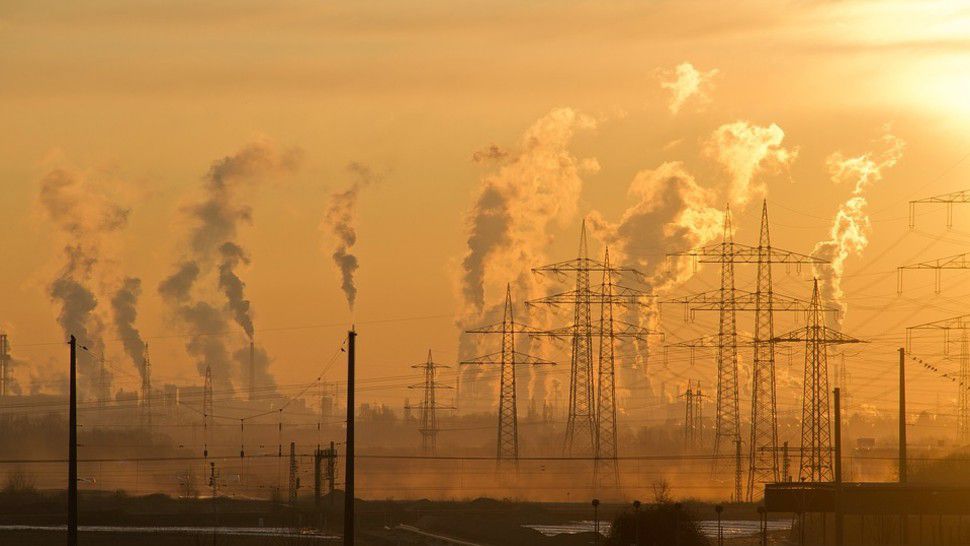NATIONWIDE -- Does the quality of the air you breathe have anything to do with your chances of contracting COVID-19, or even dying from it?
- Study in Italy finds coronavirus on air pollution particles
- Air pollution linked to higher rates of infection
- Harvard study finds correlation between exposure to air pollution and higher COVID-19 death rates
According to new research conducted in Italy and in the United States, it is very possible.
As first reported in The Guardian, researchers at the University of Bologna in Italy detected coronavirus on particles of air pollution.
The research, conducted by collecting samples in urban and industrial sites, has not determined if the virus is present on pollution particles at a level sufficient to give the disease to people.
The research has yet to be peer reviewed.
However, it has been speculated that regions with higher levels of pollution could be susceptible to a greater spread of the virus. Northern Italy, for instance, is one of the most polluted parts of Europe, and it suffered higher rates of infection than other parts of the country.
Coronavirus, Air Pollution, and Fatality Rates
A nationwide study conducted by Harvard University’s T.H. Chan School of Public Health indicates that people infected with COVID-19 in areas with high levels of air pollution are more likely to die than those in regions with better air.
The study, which looked at 3,080 counties in the United States, representing 98 percent of its population, drew a correlation between death from COVID-19 complications and exposure to tiny particles in the air called PM 2.5.
Researchers surmise that this could account, in part, for higher death rates in dense urban areas. The research does not address the spread of COVID-19 or why some parts of the United States have been hit harder than others.
The research, which is awaiting peer review, concludes that a small increase in long-term exposure to PM 2.5 leads to an increase in the COVID-19 death rate.



